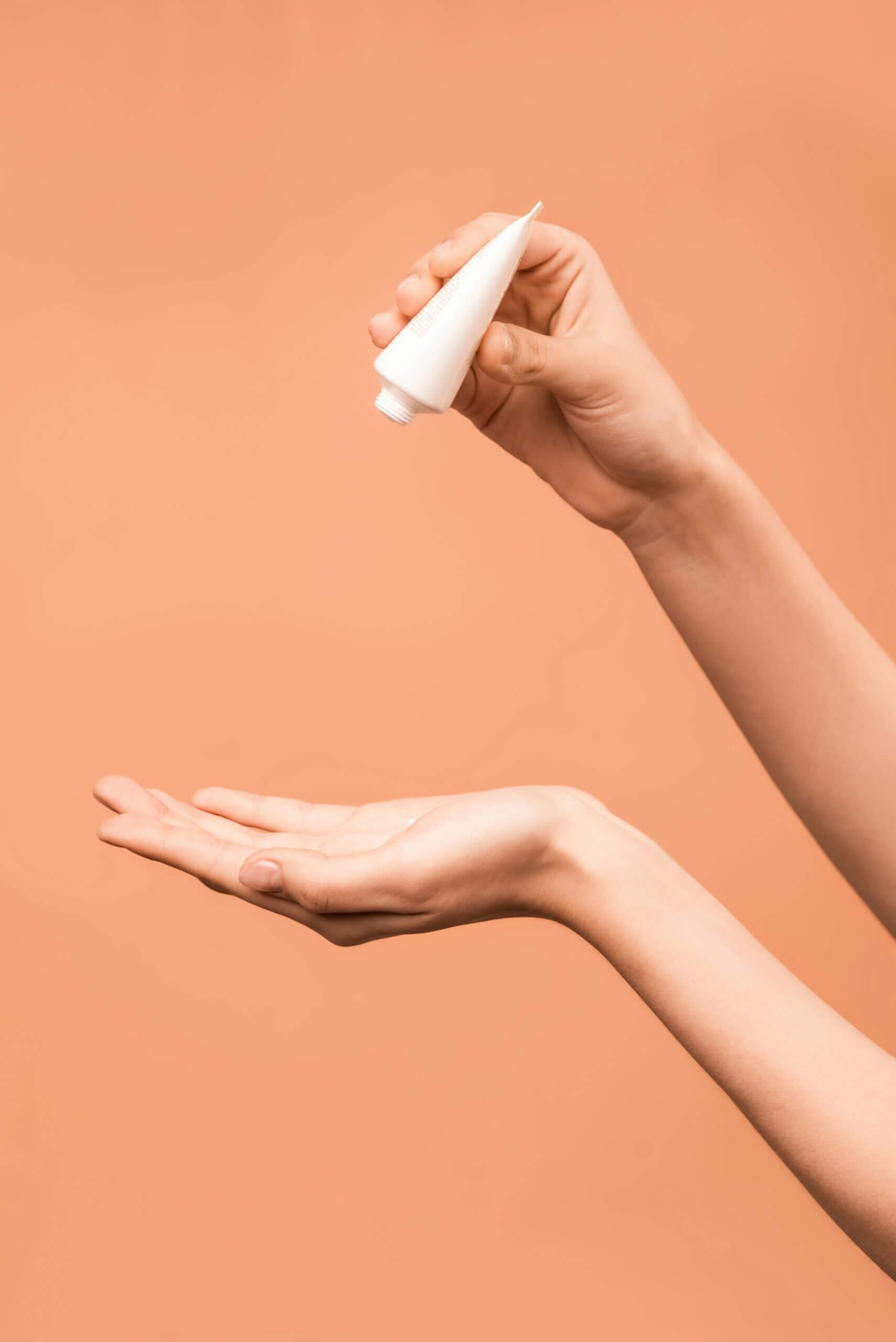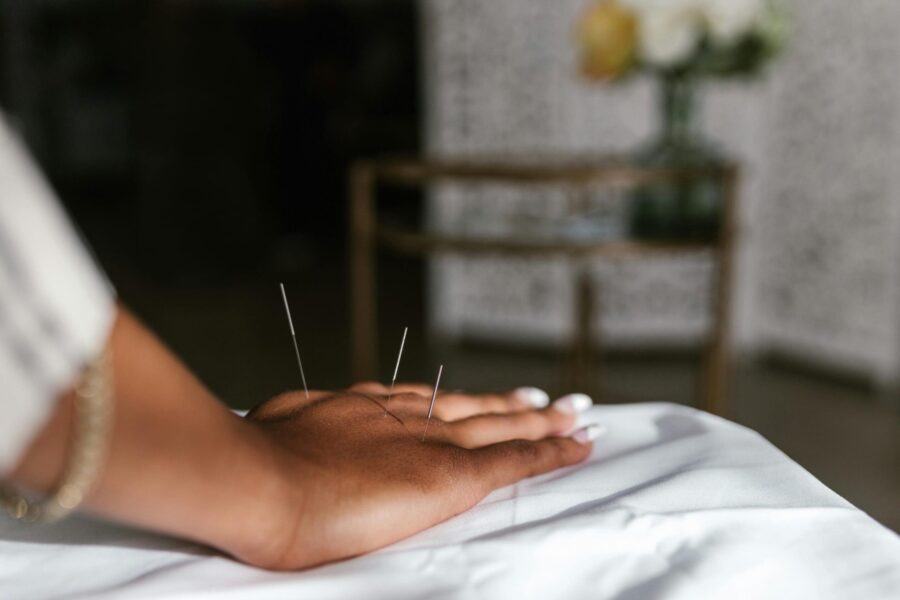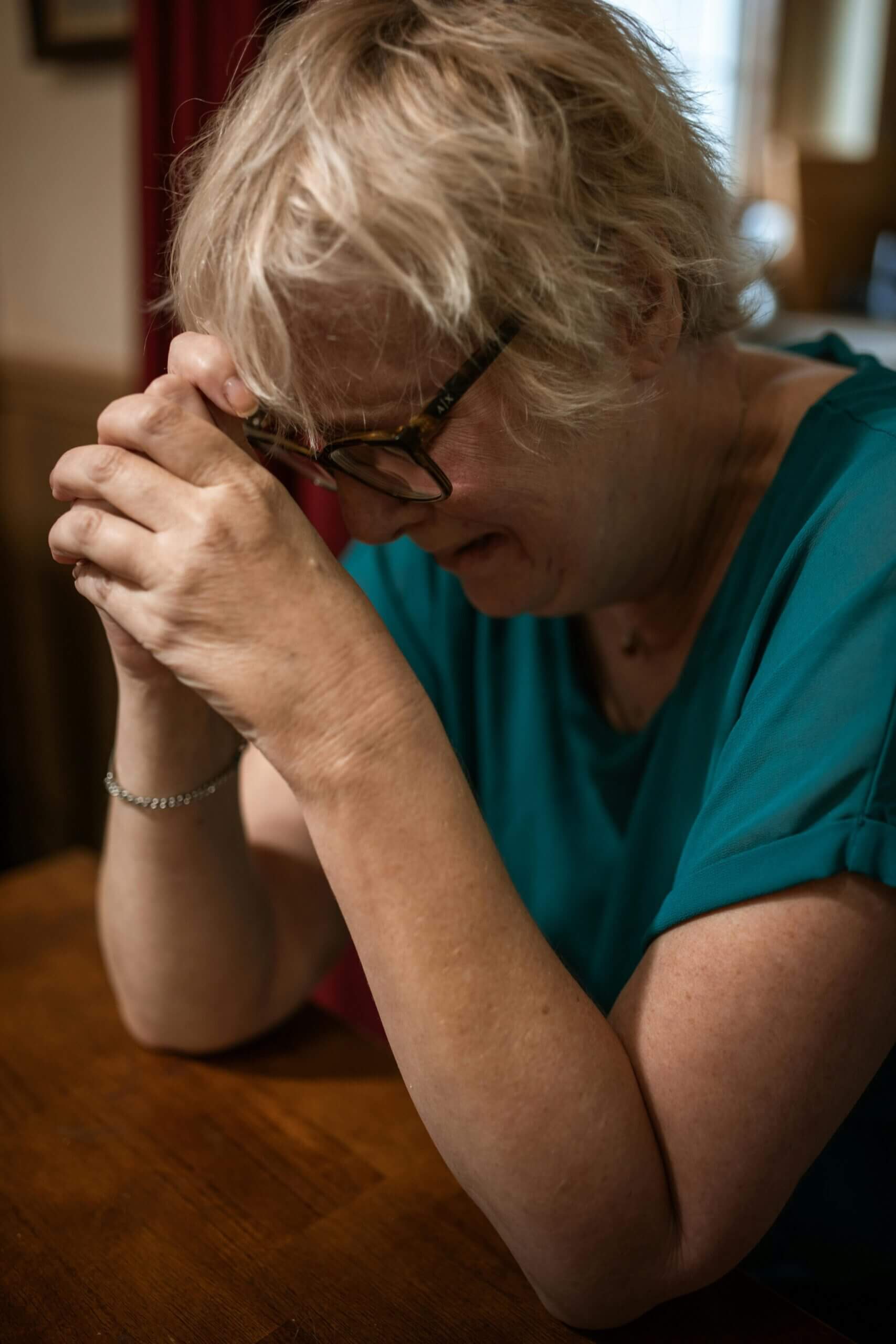Many of us instinctively turn to medical professionals when we encounter health problems, entrusting them with physical, emotional and mental health well-being. Unfortunately, there can be a hidden struggle that is rarely exposed. It’s called medical gaslighting and its a struggle that arises when medical practitioners dismiss or minimize the concerns of patients, particularly women.
Commonly recognized as ‘medical gaslighting,’ this bias establishes a dangerous discrepancy in the care women receive compared to men. It is a scenario I, too, became acutely aware of as I navigated the stormy seas of a breast cancer diagnosis and treatment.
In their report, Abbot Vascular Labs highlighted the gender gap existing within cardiovascular care, citing women were undertreated compared to men. Furthermore, the survey conducted by TODAY found that more than two-thirds of women believe gender bias in healthcare is a significant issue. This is a stark illustration of a broader system that tends to trivialize women’s health experiences.
I was fortunate with my breast cancer journey. It a life-altering ordeal, but I was met at every step by doctors who listened to me, treated me as a partner in care, and respected my wishes. But many women I speak with don’t have that same experience with their medical team. It can start as early as a woman presenting in her GP’s office with a concern, only to have it dismissed as “nothing to worry about.” What doctors don’t seem to understand is that it takes extra courage for a woman to push through that opposition, speak up to that white coat and fight for a test or scan.
Nowhere has this been made more clear than in the issue surrounding my decision to remain flat after my mastectomy, a story I recount in my book Flat Please. The fact that this option is often not presented to women or worse, decided on for them by their surgeons against their expressed desires, is indicative of the wider problem surrounding consent This wasn’t the case for me thankfully, but I have heard stories — stories of women who’ve had their wishes overruled, and who are left devastated and in some cases horribly scarred and mutilated by a surgeon that simply cuts out the disease with little care for that woman’s physical appearance. In my case, the decision to go flat was met with puzzlement by some of my doctors, who have been conditioned to expect women to want breast mound reconstruction. One of my doctors started down the path of “but you are so fashionable,” only to beat a hasty retreat from that narrative. Another, a female doctor, after examining my bare flat chest wanted to know how I dealt with my loss of femininity. Say what?
The feeling of being neglected or ignored during such a sensitive time is undeniably distressing, leading to feelings of helplessness and even trauma. Through this journey, I learned to lean on the strength and wisdom of fellow survivors and breast cancer “rebels” who carried me through my darkest days.
Each woman’s journey is uniquely her own, and each carries her set of daunting challenges, making the role of the medical community even more significant. It is a poignant reminder that as women, we must inform ourselves, seek advice, educate each other, and most importantly, advocate for our healthcare rights.
The empowerment found in shared information is immense. Links such as Ellyn’s Globe and Mail Opinion Piece and Gender Bias In Medicine can offer further insights.
If we can confront this gaslighting head-on, advocating for ourselves and others, perhaps we can kindle some needed reform. After all, a woman’s faith in her medical care should never be eclipsed by the bias and dismissal engrained in the system meant to protect her.




